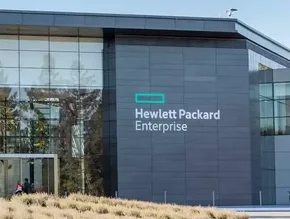AI and blockchain – enterprise ready?

Emerging technologies have flourished throughout the course of 2017, with artificial intelligence (AI) and blockchain at the forefront of this, having been implemented across a diverse range of applications and solutions within numerous industries.
With this in mind, Carl Austin, Chief Technology Officer at BJSS, an award-winning, delivery focused IT consultancy, gives his insight into how companies can take advantage of these disruptive technologies as they are further developed throughout 2018 and beyond:
Blockchain
When it comes to blockchain, I fear that the industry is adding to the hype that is causing over application and technology envy.
There is no denying that a small number of enterprise organisations have production blockchain implementations, but this is not to suggest it is ‘enterprise ready’. Currently, enterprise ready technologies feature an advanced ecosystem of third-party tools and have withstood numerous production implementations – areas that blockchain has not yet successfully navigated.
Nevertheless, blockchain is certainly one to watch out for. Public cloud vendors are taking complexity out of creating and running nodes and networks with PaaS offerings and quick-starts and the tooling ecosystem is being developed.
It is important that enterprises also duly consider less complex technologies for implementation of production solutions. Businesses should be investing in experimentation, upskilling and proof of concepts to validate the applicability of blockchain to specific use cases they may have.
See also:
Artificial Intelligence
I believe that machine learning and cognitive computing will be the most widely applicable and adopted technological movements we have ever seen. It will drive the 4th industrial revolution and has the potential to be the cause of a social revolution. But when it comes to artificial intelligence businesses still have a long way to go and it doesn’t always start with jumping straight in at the deep end.
Firstly, enterprises need to truly understand the applications machine learning and cognitive computing can offer, so they can identify the areas to apply them to. Those that are already experimenting with AI are progressing into production, but often haven’t thought about the process of industrialisation or how to realise the benefits of implementation.
Companies who are moving from experiment to production need to be more forward thinking about how they create a 'factory line' – greater experimentation and a repeatable route to production. Cloud providers are starting to create valuable offerings in this space, including Amazon SageMaker and Azure ML Workbench.
Carl Austin, Chief Technology Officer at BJSS






